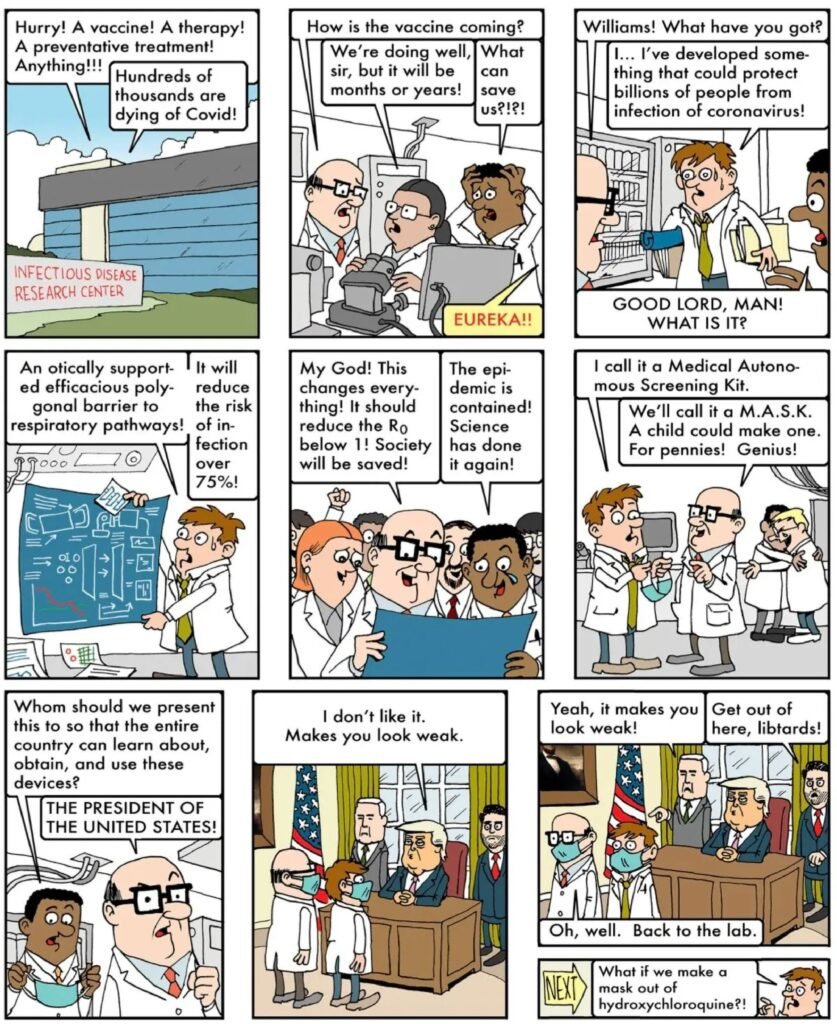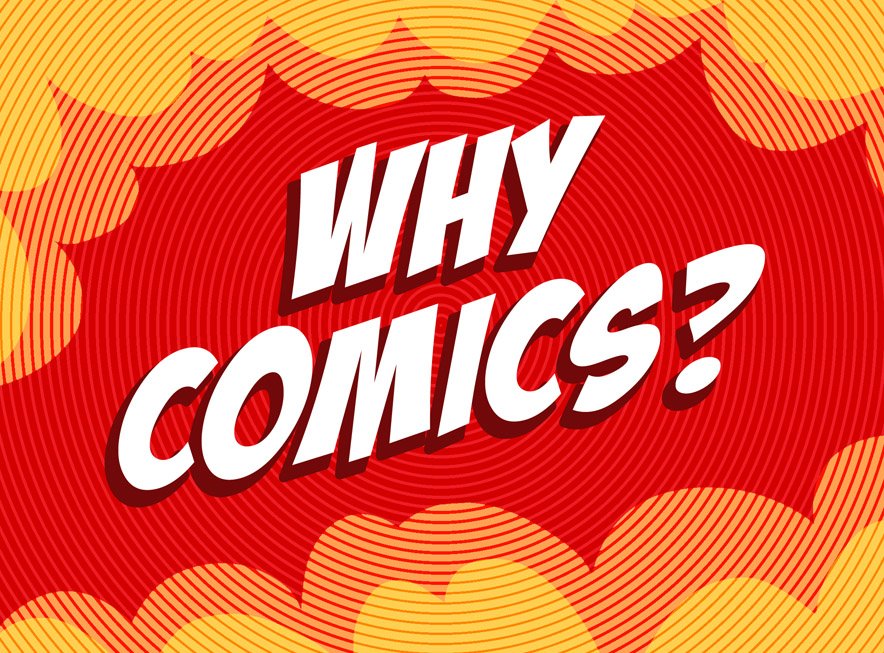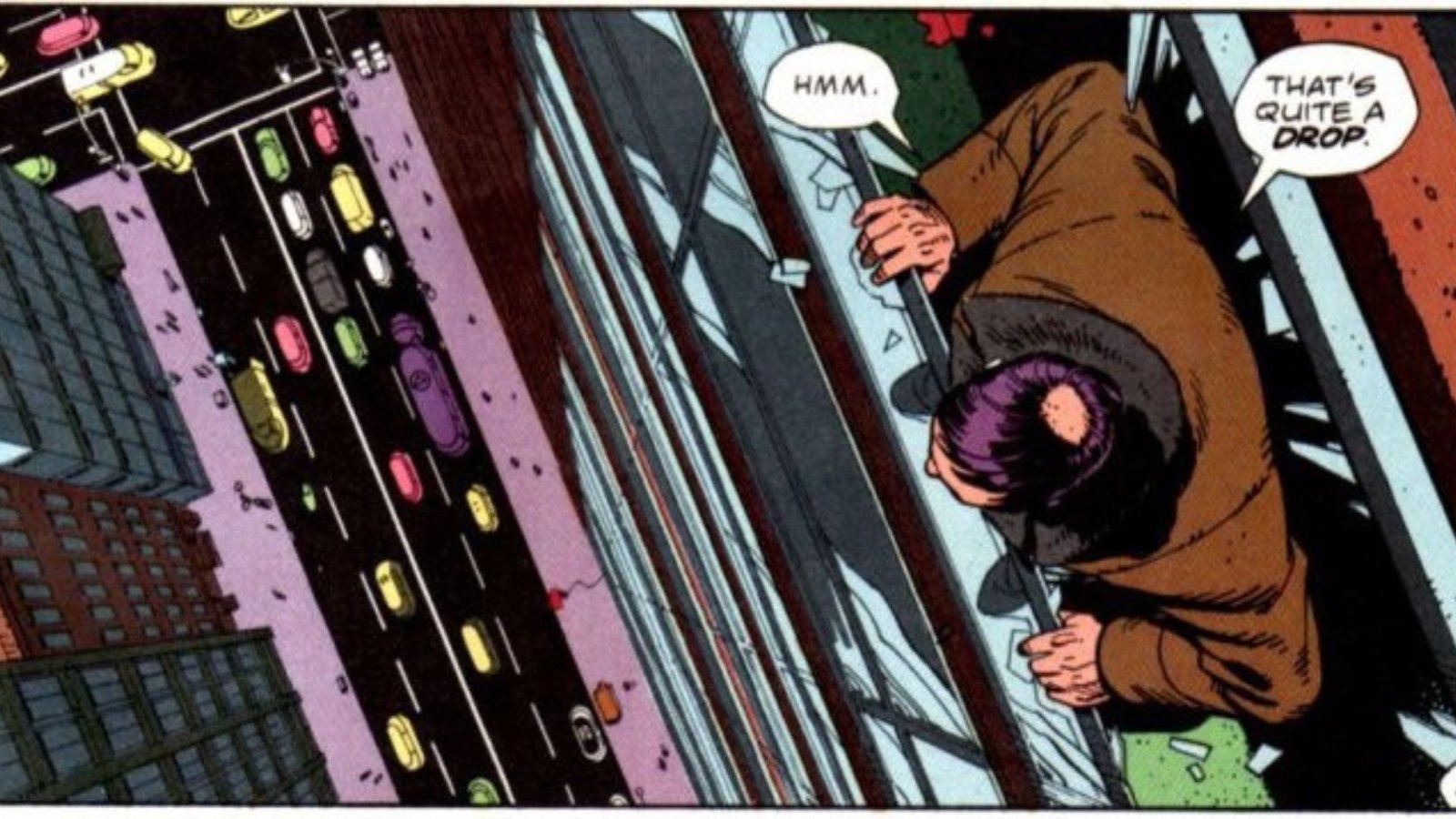Comics have long been a popular medium for storytelling, with their unique blend of art and dialogue. One of the most compelling aspects of comics is their ability to incorporate humor, a feature that significantly enhances the reading experience. Humor in comics serves as a powerful tool to engage readers, lighten serious themes, and even offer insightful social commentary. Let’s explore the various roles humor plays in comics and how it impacts readers.
Making Complex Themes More Accessible
Humor in comics often acts as a bridge, making complex or heavy themes more digestible. Whether a comic deals with political satire, societal issues, or personal struggles, humor can simplify these topics, allowing readers to approach sensitive subjects with a lighter mindset. For example, comic strips like The Far Side by Gary Larson tackle topics such as the absurdity of human behavior or animal life through a comedic lens, making it easier for readers to process deep or existential themes.
Enhancing Emotional Connection
Humor also plays a significant role in building an emotional connection between the reader and the characters. By presenting funny situations, witty dialogue, or humorous visual gags, comics allow readers to connect with characters on a personal level. Laughter can humanize characters, making them more relatable and engaging. For instance, the iconic Spider-Man comic series often uses humor as a tool for Peter Parker to cope with his personal struggles, which resonates with readers who may find solace in the character’s ability to laugh even in dire circumstances.
Creating Memorable Moments
Humor contributes to memorable moments that stay with readers long after they’ve turned the page. Iconic comic moments, often driven by humor, become part of popular culture. Think of Batman’s often grumpy response to Robin’s enthusiasm or the sarcastic remarks of Deadpool. These moments are not only funny but become trademarks of the characters, reinforcing their personalities and leaving a lasting impression on fans.
Breaking the Fourth Wall
Comics can use humor to break the fourth wall—where characters acknowledge the reader’s presence. This self-awareness adds a layer of comedy that feels fresh and unique. Characters like Deadpool are famous for breaking the fourth wall with humor, often commenting on the comic’s art, story structure, or even the medium itself. This creates a sense of intimacy and fun, making the reading experience feel more interactive and dynamic.

Humor as a Form of Social Commentary
Comics often use humor as a vehicle for social commentary, cleverly addressing issues like politics, race, or gender through satire. By exaggerating real-world issues and presenting them in a humorous light, comics can critique societal norms while keeping the reader entertained. For example, Doonesbury, a political comic strip by Garry Trudeau, is known for its sharp humor that tackles serious issues with wit, prompting readers to reflect on the complexities of the world around them in a more approachable way.
The Therapeutic Power of Laughter
Humor in comics not only entertains but can also have therapeutic benefits. Laughing at funny comics can alleviate stress and improve mood. The lighthearted nature of humorous comics provides a form of escapism for readers, offering a temporary break from the challenges of everyday life. This cathartic experience is why so many people turn to comics when they need a laugh, and it also underscores the importance of humor in mental well-being.
Conclusion
Humor is more than just a source of entertainment in comics; it’s a multifaceted tool that enhances storytelling, deepens emotional connections, and provides valuable social commentary. Whether it’s making complex themes more accessible, creating memorable moments, or offering a way to cope with real-world issues, humor plays a vital role in the comic world. For readers, it’s not just about the laughs but the way those laughs resonate long after the comic is put down, making humor in comics an essential element of the medium’s success.










